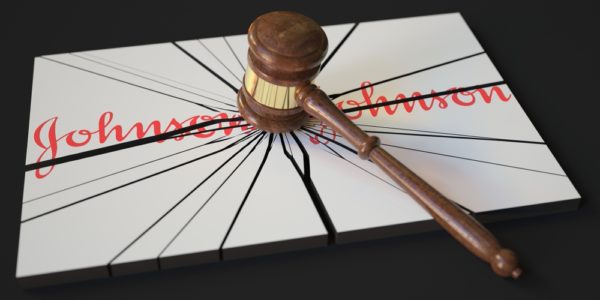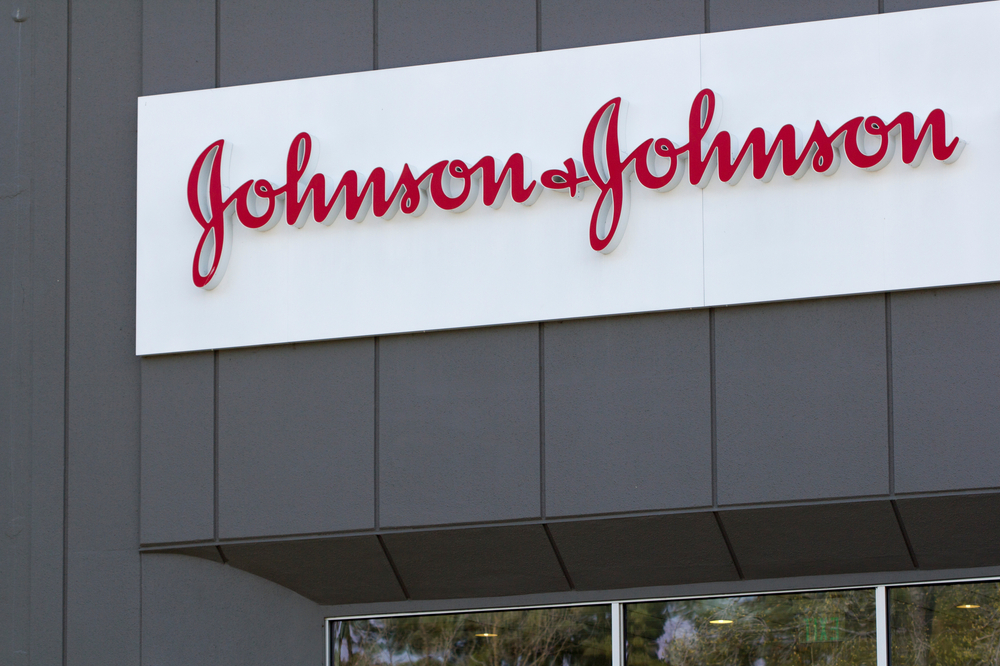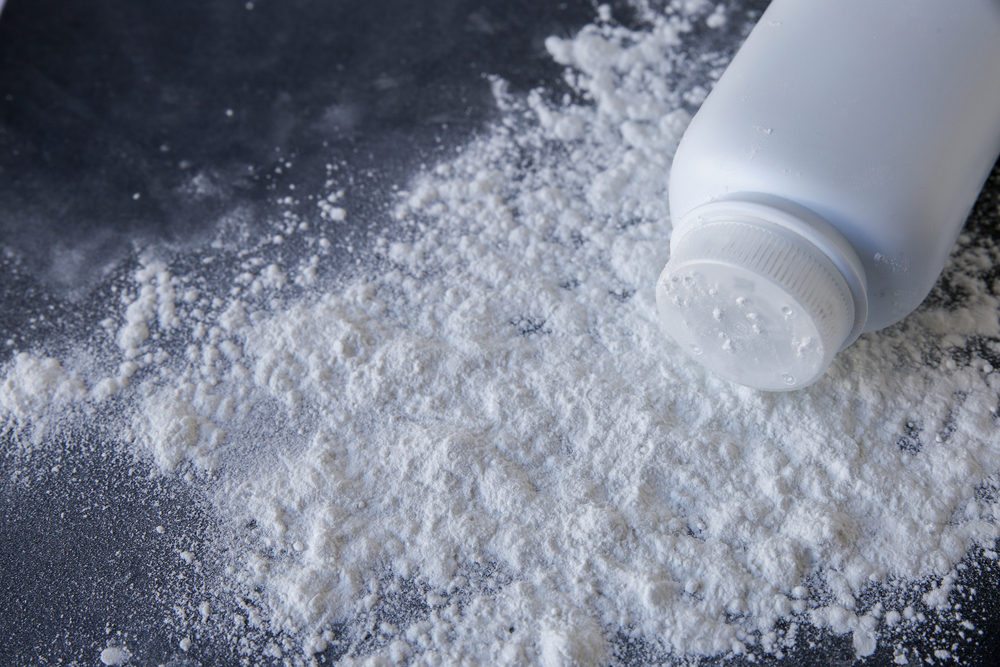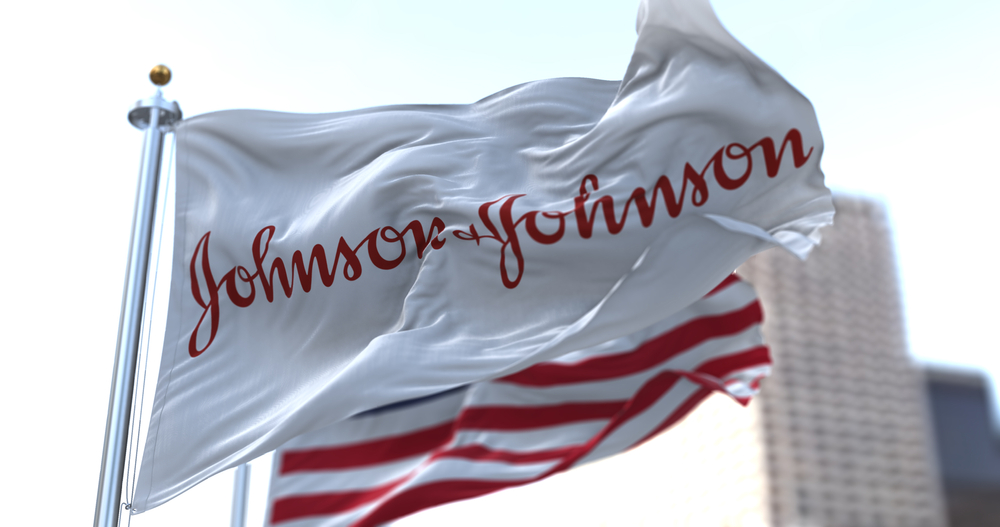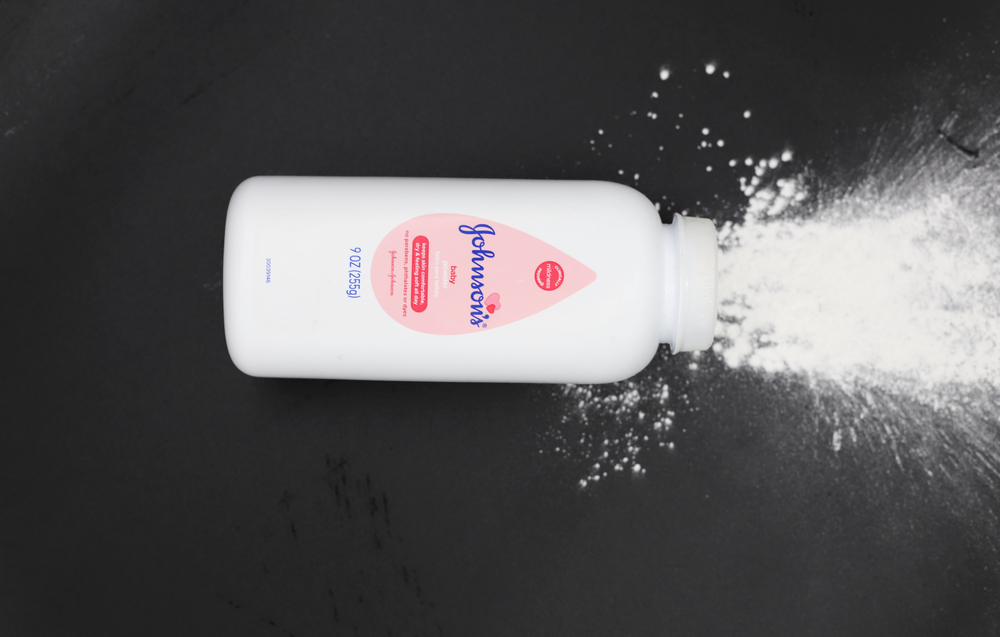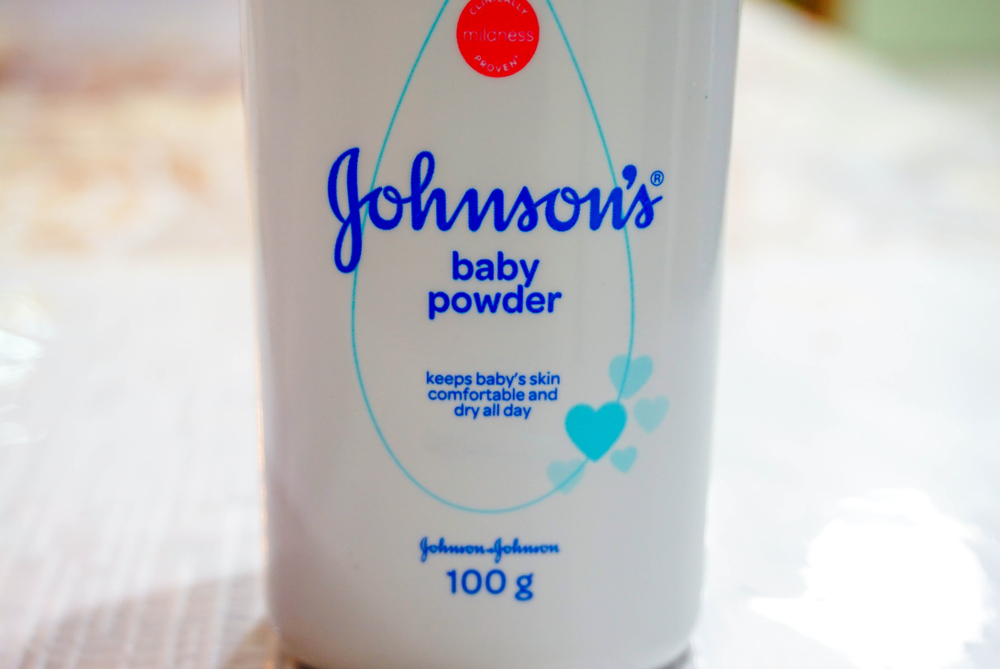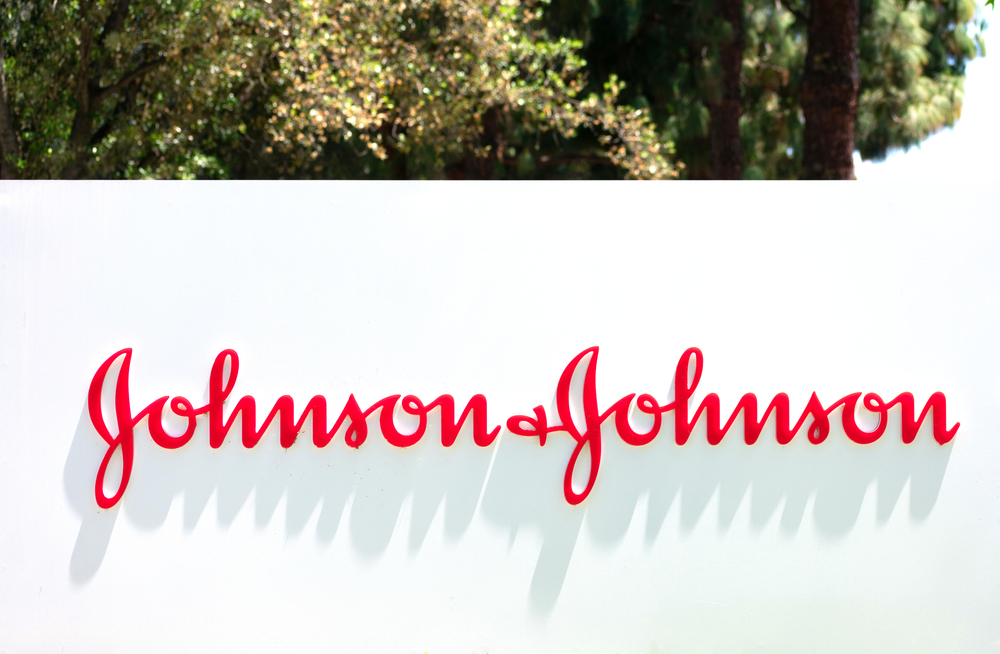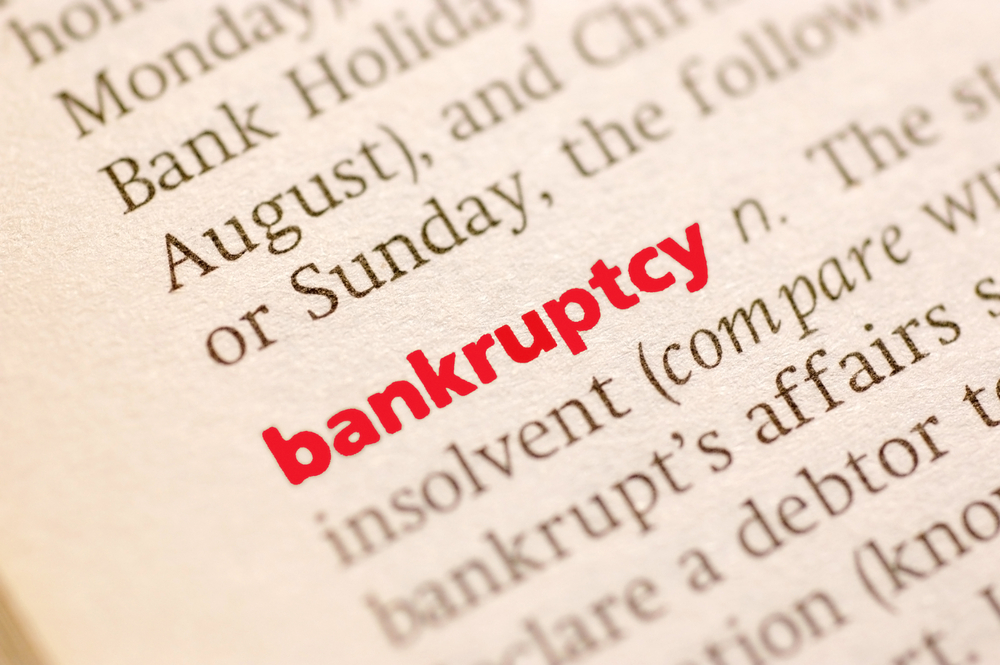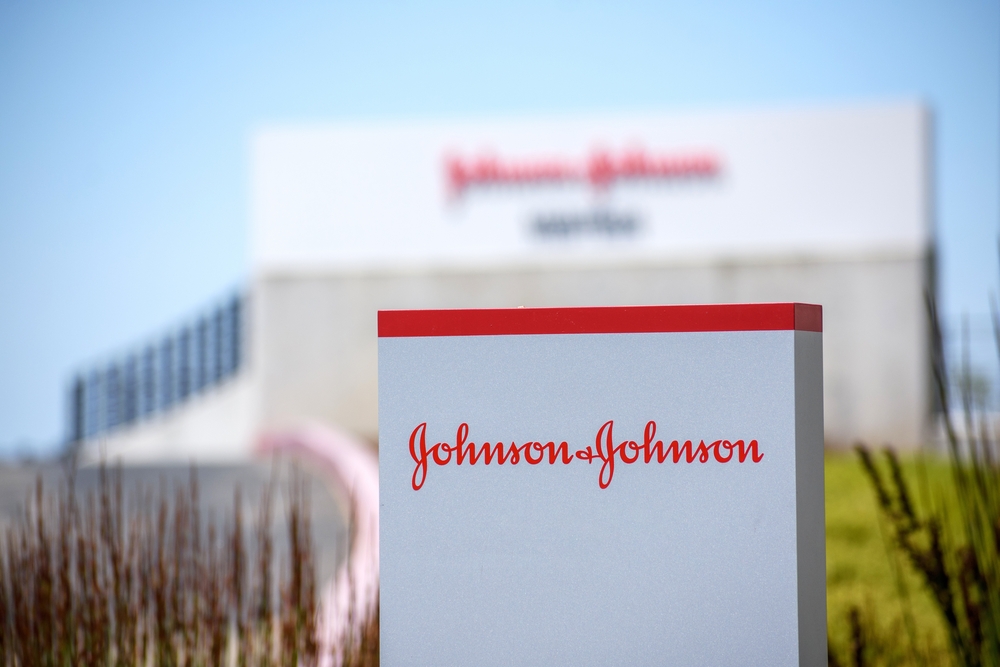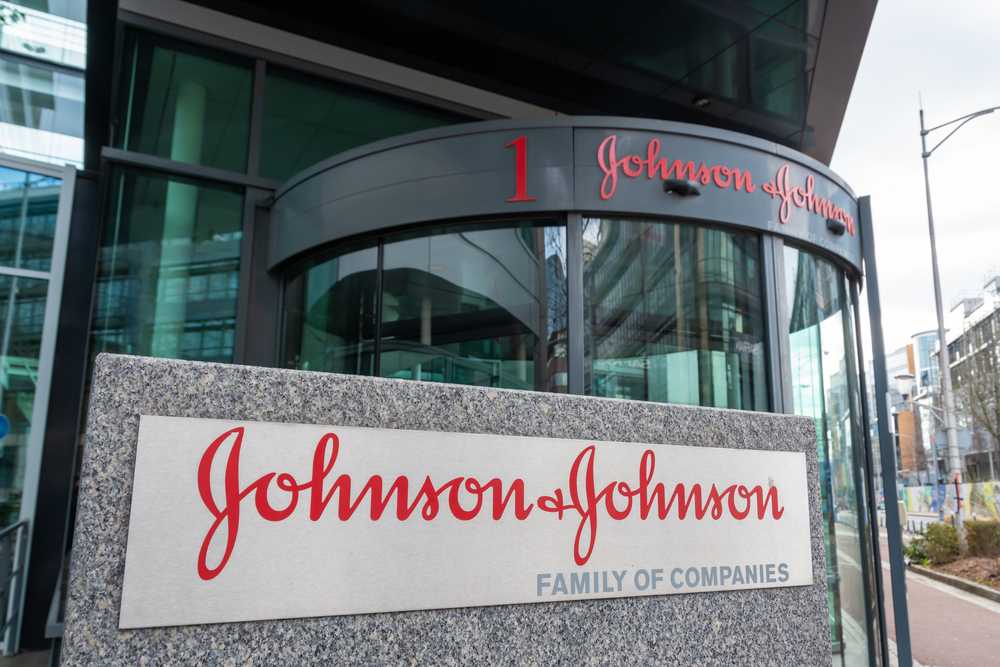Johnson & Johnson Baby Powder Lawsuits
About Baby Powder Lawsuits
- Research has shown that talc-based baby powder, notably Johnson & Johnson’s product, was contaminated with asbestos, a known carcinogen, putting users at a significant health risk.
- Baby powder lawsuits claim that J&J knew about the presence of toxic asbestos but failed to disclose the risks to consumers, leading to allegations of negligence and harm.
- Due to the many lawsuits filed, Johnson & Johnson has resorted to legal strategies such as creating subsidiaries, seeking bankruptcy protection, and attempting to discredit researchers, triggering ongoing complex legal battles.
Baby Powder Lawsuits FAQs
Why are baby powder lawsuits being filed?
Baby powder lawsuits are being filed by individuals who claim to have developed cancer, such as ovarian cancer or mesothelioma, due to the use of talc-based baby powders, notably Johnson & Johnson’s products. The lawsuits allege that talc-based baby powders were contaminated with asbestos, a known carcinogen. Plaintiffs argue that manufacturers knew about this contamination but failed to disclose the risks to consumers.
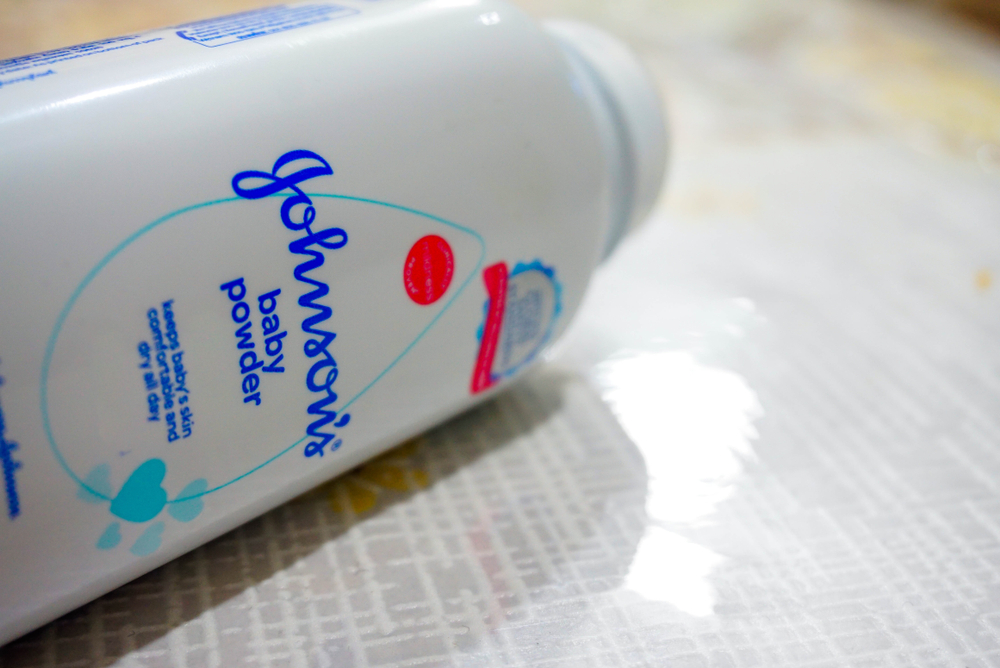
How did asbestos contaminate baby powder?
Asbestos contamination likely occurred during the mining and processing of talc, the main ingredient in baby powder. Talc and asbestos are naturally occurring minerals found nearby in the earth, leading to cross-contamination.
How can I determine if I qualify for a talc-based baby powder lawsuit?
If you’ve been diagnosed with mesothelioma or ovarian cancer after using talc-based baby powder, you may qualify to file a lawsuit. Consult with an experienced attorney in these cases to assess your eligibility.
What is the average payout for a baby powder lawsuit?
The average payout for baby powder lawsuits can vary significantly depending on numerous factors, the severity of the claimant’s condition, the strength of the evidence, and the specific circumstances of each case. Some settlements have ranged from thousands to millions of dollars.
Table of Contents
Johnson & Johnson, or J&J, is a well-known pharmaceutical and health products conglomerate that’s been around since 1886. Its products include everything from baby powder, skin care creams, band-aids, and Tylenol to surgical staples, sutures, and even a COVID-19 vaccine. The company is worth billions and has been at the forefront of consumer health for more than a century.
But recent lawsuits claim J&J baby powder has been causing cancer for decades, thrusting the giant into the spotlight once again for a product that’s harmed consumers. Combined with what’s been referred to as controversial legal tactics that have put claims on hold thus far, the company is under fire, with roughly 38,000 lawsuits filed. Now, advocates and those who have suffered from using J&J baby powder are demanding accountability, transparency, and financial compensation.
Why Is Johnson & Johnson Being Sued Over Baby Powder?
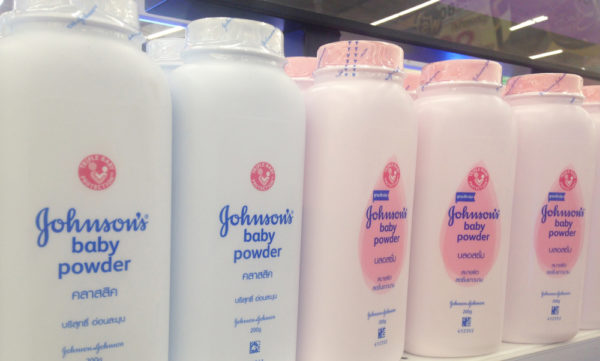 Baby powder is a common household product used to prevent diaper rash and keeps skin dry in areas that are often damp and wet. Since J&J baby powder was highly popular and used in millions of households for decades, the presence of asbestos in some of their products has spurred an influx of lawsuits.
Baby powder is a common household product used to prevent diaper rash and keeps skin dry in areas that are often damp and wet. Since J&J baby powder was highly popular and used in millions of households for decades, the presence of asbestos in some of their products has spurred an influx of lawsuits.
Around 38,000 lawsuits have been filed against J&J for claims of illnesses and deaths from their talc-based baby powder, a product that has been on store shelves since 1980. The baby powder and some of their other products contain talc, an ingredient often mined with asbestos. Since asbestos is a well-known carcinogen, its presence in a product is a clear health risk to consumers.
Baby powder is regularly inhaled by those using it due to its consistency. When asbestos is present in a product, especially one that releases fibers into the air, like J&J’s baby powder, consumers are at risk of breathing in the toxic, carcinogenic chemical. Once those fibers are inside the body, there’s very little that can be done to get rid of them, and it’s impossible to do so once the asbestos is inside an organ.
Many people who used J&J’s baby powder have developed lung, ovarian, and other cancers and health issues. Lawsuits against the company not only claim the baby powder was the cause of serious harm but that Johnson & Johnson knew of toxic chemicals in their product but kept selling them, all while hiding the risks. While they’ve studiously refuted these claims, investigations have recovered documentation dating back 30 years that prove otherwise.
Many U.S. retailers pulled J&J baby powder off their shelves in 2019 due to mounting proof of health risks. But it wasn’t until 2020 that the company announced it would discontinue talc-based baby powder in the U.S. and Canada. They said their reasoning was from a drop in sales due to misinformation about its safety, as well as mounting baby powder lawsuits. The pharmaceutical giant phased out talc baby powder in North America in 2020, but it was still available in other countries. In August 2022, Johnson & Johnson announced it would discontinue talc-based baby powder globally in 2023. Cornstarch will replace the main ingredient. The company said in a statement that it is getting rid of the product because of dwindling demand caused by “misleading talc litigation advertising that caused global confusion and unfounded concern.” Johnson & Johnson remains adamant that its talc powder does not cause cancer.
Lawsuits Involving J&J Baby Powder Injuries
The first case against Johnson & Johnson that involved someone who developed cancer after using their baby powder was filed in 2009. Since then, about $3.5 billion has been awarded in settlements and verdicts to people harmed by their talc-based product. However, some settlements worth hundreds of millions of dollars have been overturned.
In June 2021, Johnson & Johnson was denied an appeal to reverse a $2 billion settlement awarded to 22 women who claimed baby powder gave them ovarian cancer. In the lawsuit, J&J was accused of not disclosing the presence of asbestos in their product and of not warning consumers of the health risks.
Most recently, negotiations were halted in October after claimants rejected J&J’s attempted settlement talks. The reasoning was clear: they felt the company side-stepped the legal process with shady tactics by creating a subsidiary company, which immediately filed for bankruptcy, to manage claims. Though legal, advocates and claimants have criticized the move and are concerned about how it will impact trials and settlement amounts.
A committee of claimants asked the judge assigned to the baby powder lawsuits to pull the subsidiary company, LTL Management LLC, out of bankruptcy. They also feel the legal stay that halted cases is unfair. The judge allowed the bankruptcy to proceed.
Evidence has been key in past lawsuits of consumers who developed cancer after using J&J baby powder. In fact, the U.S. Food and Drug Administration (FDA) backed up claims that toxic chemicals are present in several of the company’s products, specifically asbestos – a mineral fiber known to cause several types of cancer, most notably lung and ovarian. However, proof of cancer-causing agents in Johnson & Johnson baby powder has come too late for thousands of families who have used the product for years and have suffered as a result.
Following years of claims and investigations, a criminal investigation by the U.S. Department of Justice began in 2019. They aim to uncover if J&J knew the risks and purposefully misled consumers about the presence of asbestos in its baby powder. The results of the investigation will take years but may be crucial in future lawsuits against the healthcare giant.
How Will Bankruptcy Affect Baby Powder Settlements?
Under a Texas law, commonly known as the “Texas Two-Step,” Johnson & Johnson created a subsidiary, LTL Management, which allowed them to move the baby powder mass-tort liability lawsuits to the new company. After doing so, the new business, LTL Management, moved to North Carolina, where it filed for bankruptcy, temporarily halting new lawsuits from being filed. Some of the baby powder lawsuits that were halted were sitting before the court in jury trials close to verdicts.
J&J initially set aside $4 billion for settlements, but once the new company was created, that number was cut in half. Bankruptcy has been a common practice among businesses that face widespread lawsuits. Outrage over bankruptcy filings by wealthy companies is common, as it changes the legal process and far too often limits settlement amounts. J&J baby powder plaintiffs filed an appeal over the bankruptcy strategy with the Third U.S. Circuit Court of Appeals. A ruling on whether or not the court will reject J&J’s bankruptcy tactic is expected in February 2023.
While most of the J&J baby powder lawsuits are currently on hold, an industrial talc lawsuit was permitted to proceed because it alleges J&J hid evidence and differs from the other baby powder lawsuits. A man who worked at Windsor Minerals mine, where talc was extracted, filed a lawsuit against J&J in 1986. His lawsuit alleged that his lung disease resulted from exposure to asbestos while working at the mine. The employee dropped the lawsuit after J&J produced sworn testimony that no tests showed J&J talc contained asbestos. The worker’s family has reopened the case, arguing that many of the lawsuits filed against J&J in recent years were successful because there is evidence to support that talc contains asbestos.
Mediation talks between LTL Management and plaintiffs have made little progress, so U.S. bankruptcy judge Michael Kaplan suggested that he may appoint an independent expert to assess the value of J&J baby powder lawsuits. In July 2022, Kaplan appointed Ken Feinberg as an independent expert to estimate the value and volume of current and future talc-based baby powder lawsuits. Feinberg has yet to report back to the judge with his findings.
Other Johnson & Johnson Product Lawsuits
The Johnson & Johnson baby powder lawsuits are far from the first wave of legal troubles the company has faced. In the past few years, claims of cancer-causing agents led to product recalls of J&J sunscreen, as well as accountability for their role in the nationwide opioid crisis has cost the company billions in legal fees and settlements.
Given that J&J products are used in households across the U.S., more claims are expected to be filed. Whether the costs associated with thousands of lawsuits and a negative company image will permanently damage Johnson & Johnson is unknown but unlikely. The company has its hand in so many industries, most recently vaccines for COVID-19, that its current legal woes may just be another bump in the road. At the very least, those harmed by J&J products deserve justice and proper compensation.











